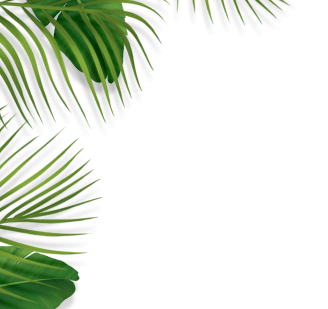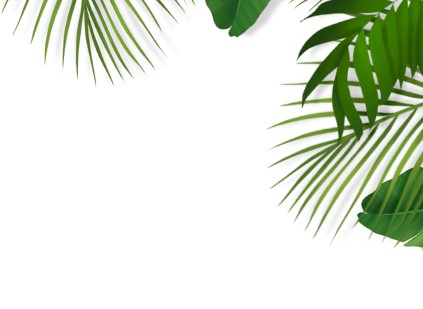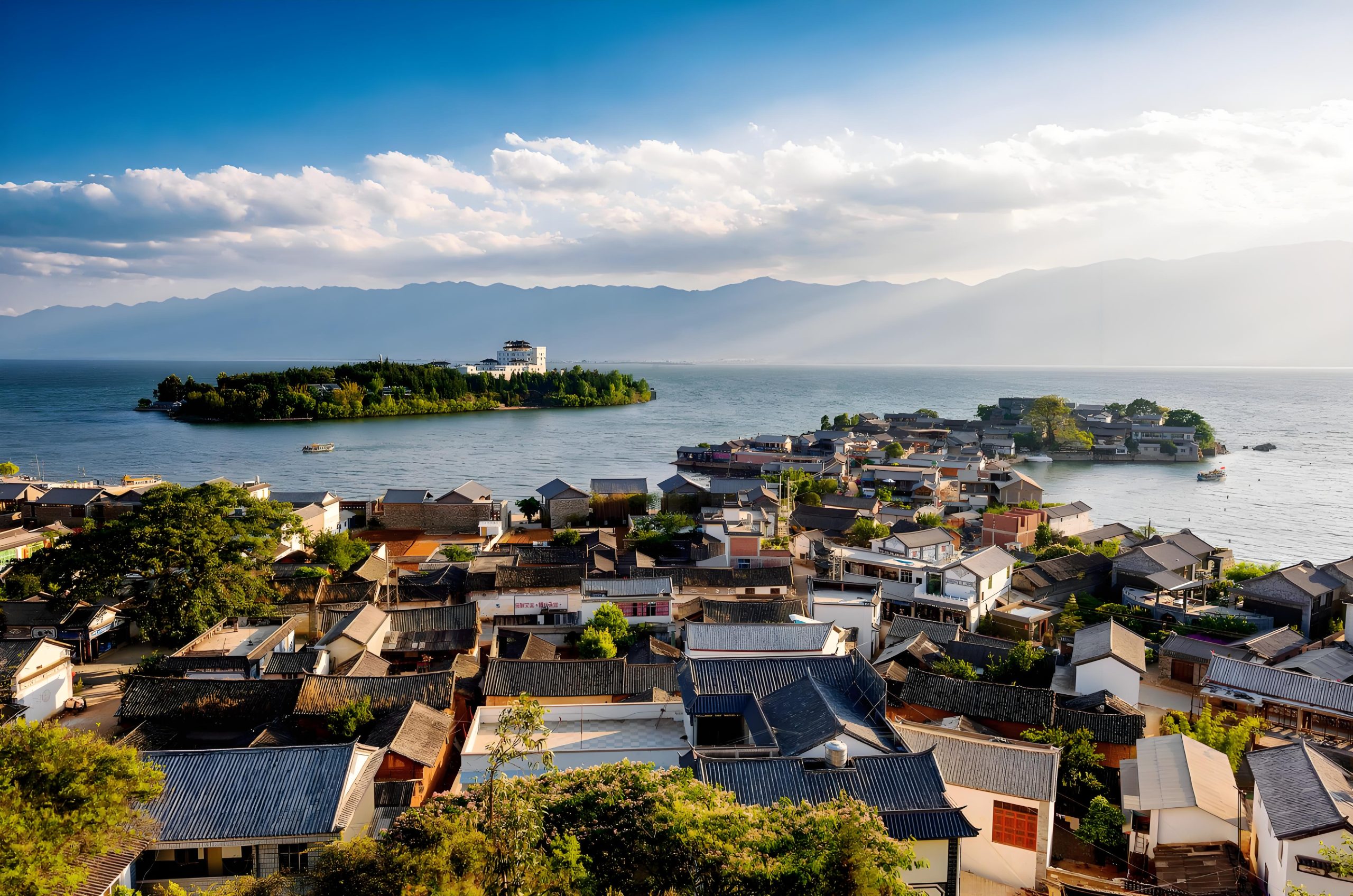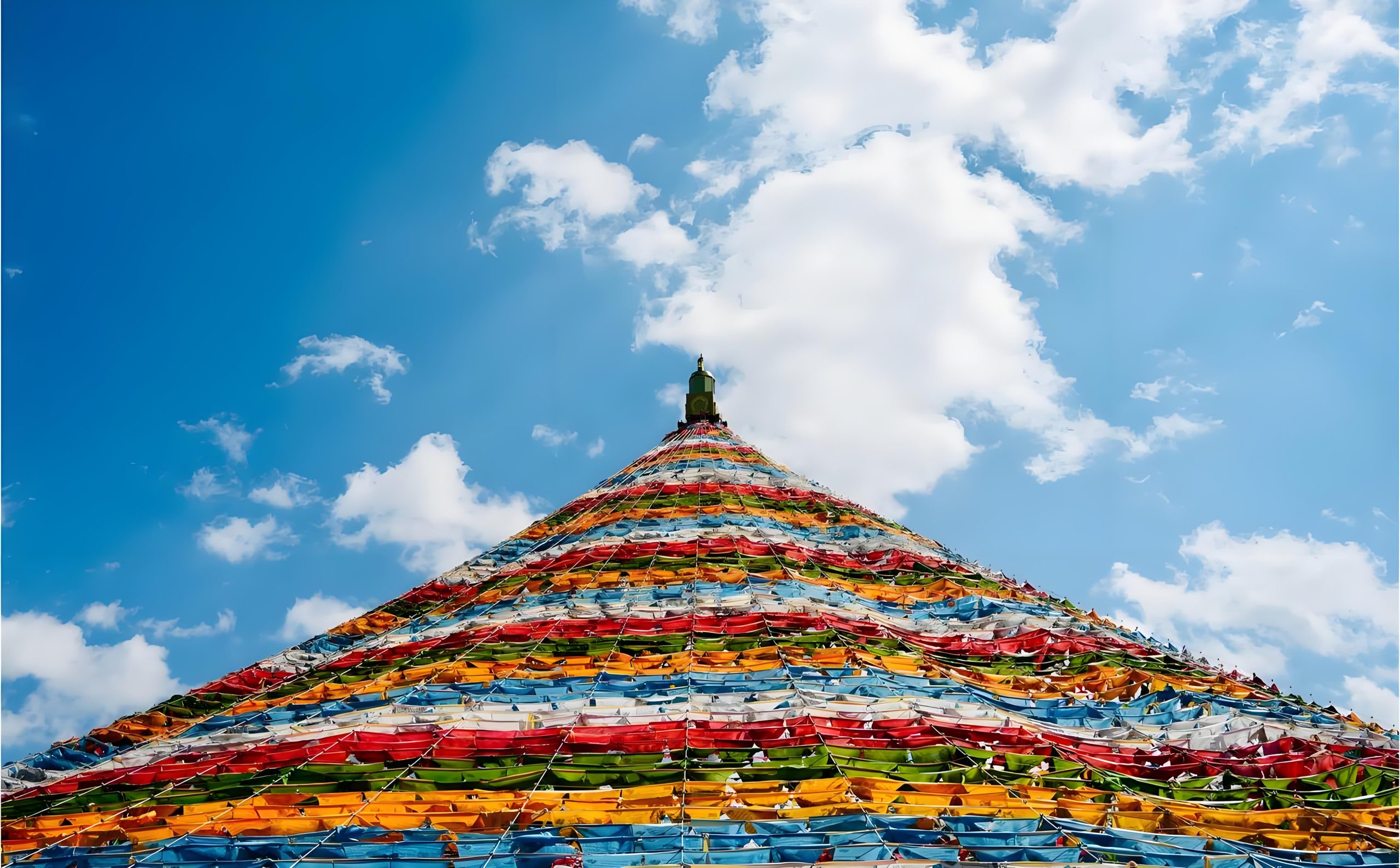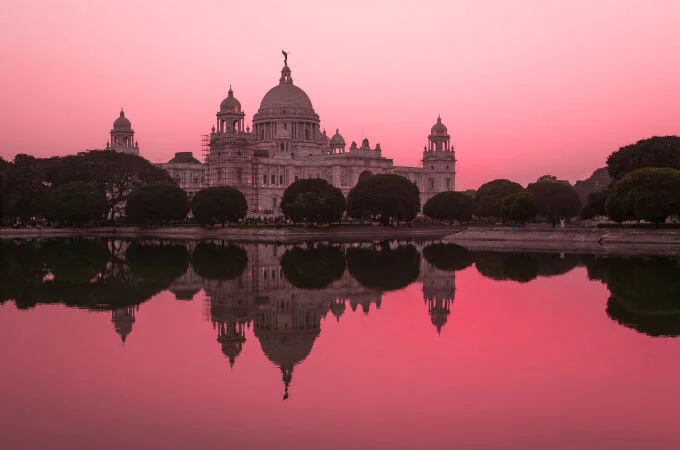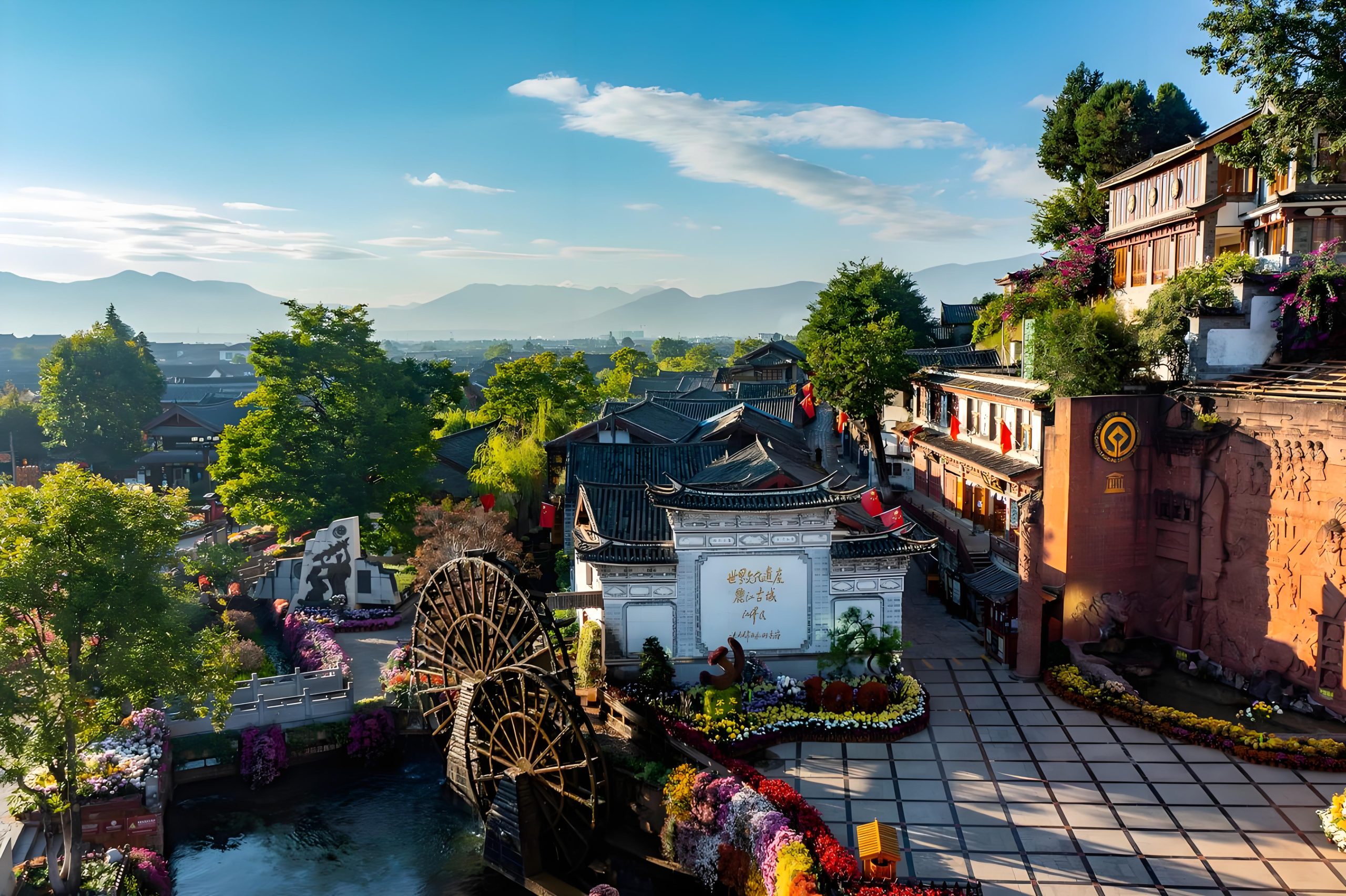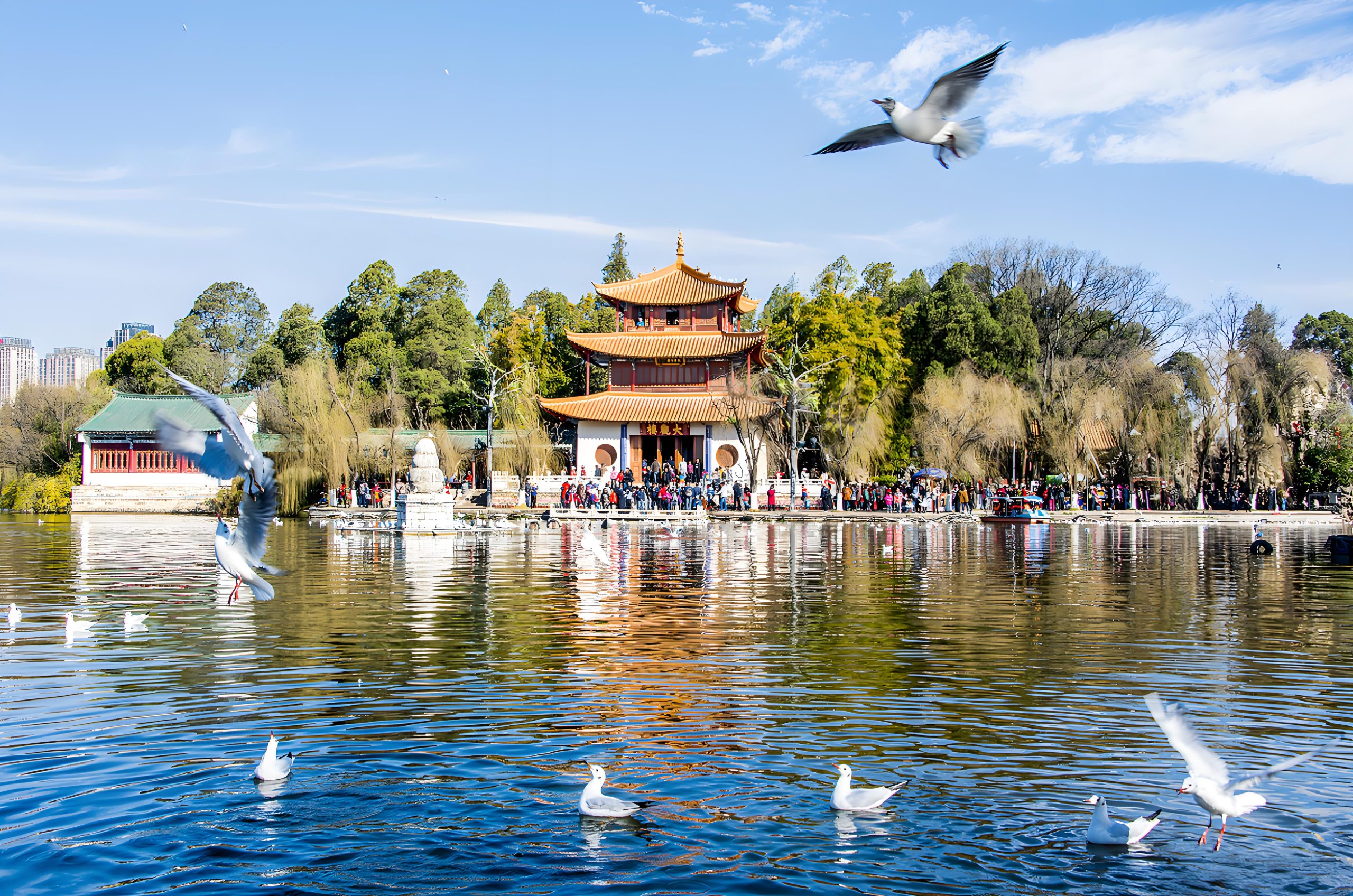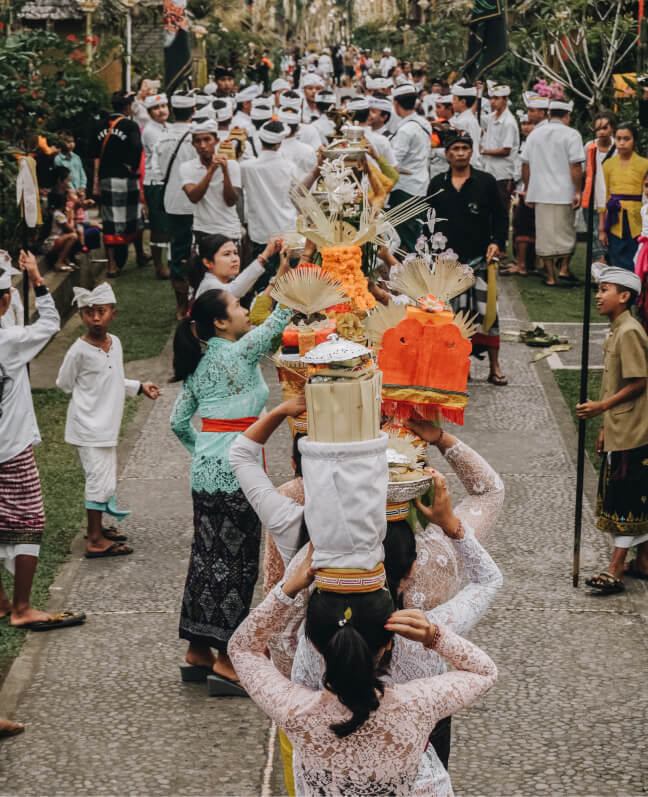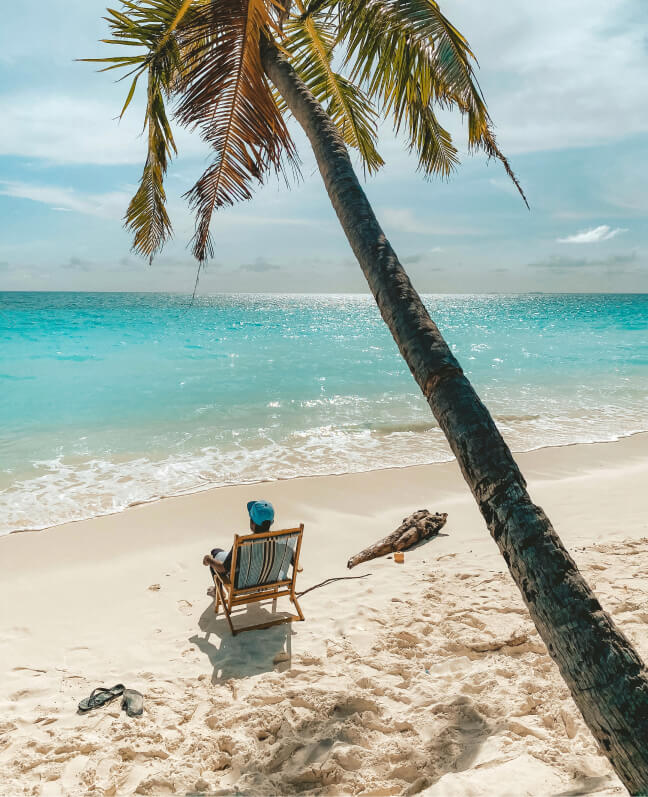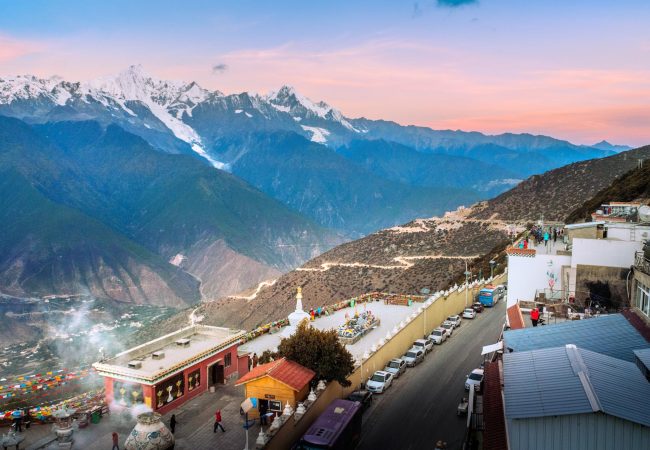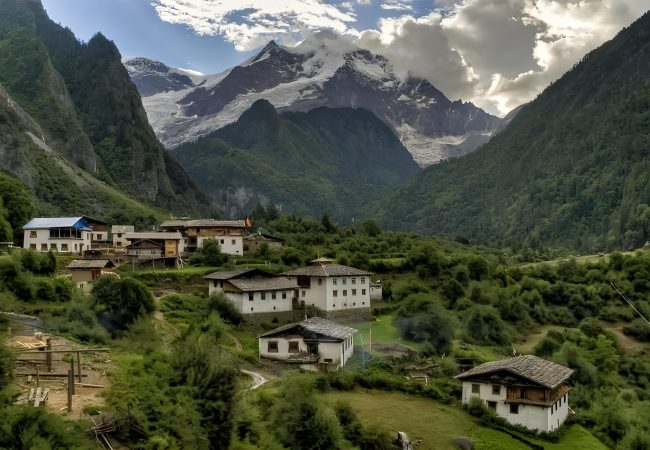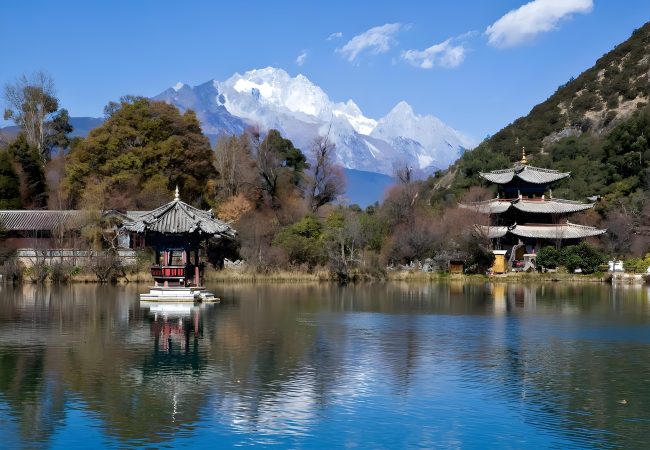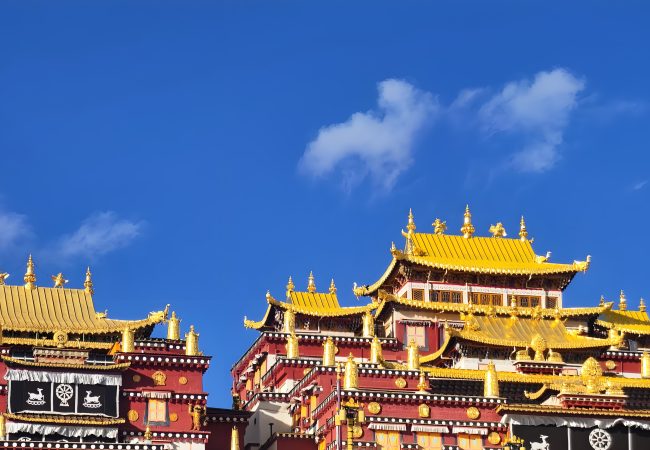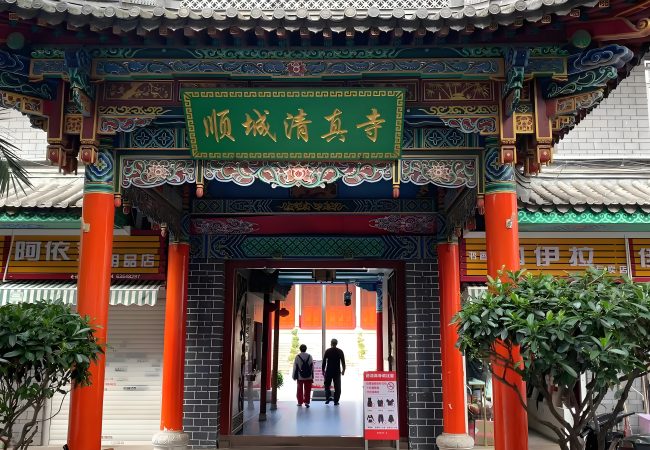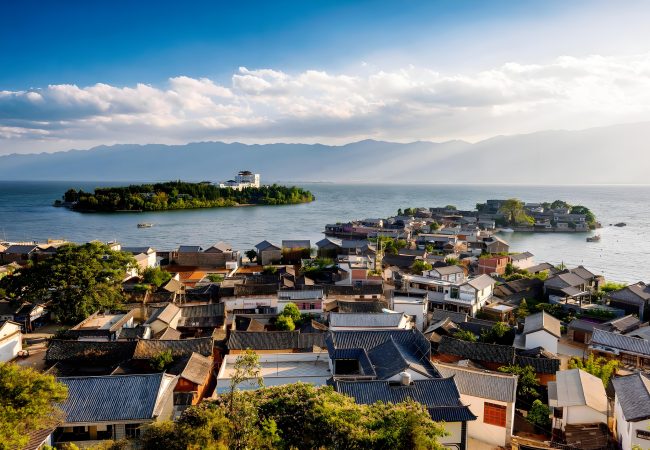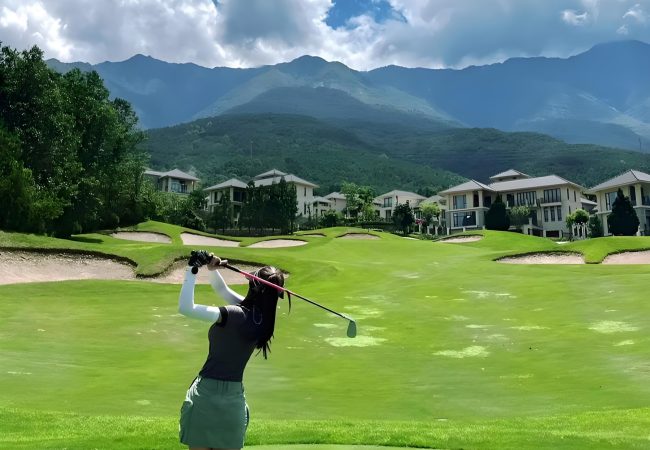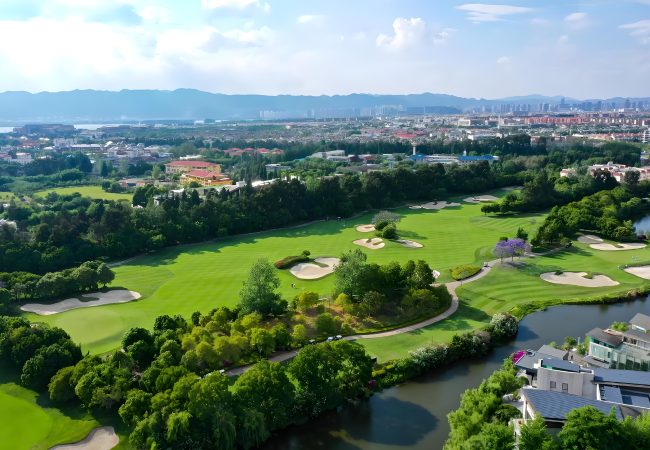zaxonjon@gmail.com
Customized professional Chinese travel for you!Book Your Tour
Xishuangbanna
- Home
- Xishuangbanna
Xishuangbanna: China’s Hidden Tropical Paradise at the Crossroads of Southeast Asia
In the lush southern reaches of Yunnan, nestled near the golden triangle of Laos, Myanmar, and Thailand, lies Xishuangbanna, a land whispered in ancient Dai tongue as Meng Bala Naxi—“ideal and magical paradise.” With its dense tropical rainforests, vibrant ethnic festivals, and age-old tea mountains, Xishuangbanna is more than a destination—it’s a sensory awakening, a timeless retreat that harmonizes nature, culture, and spirit.
Here, where rivers meander through green valleys and elephants roam under towering canopy, travelers discover a side of China that feels tropical, unhurried, and joyfully alive. Every step through its markets, monasteries, and villages offers a mosaic of scents, colors, and smiles that seem untouched by time.
Human and Historical Background
The name “Xishuangbanna” originated from the Dai language, meaning “twelve rice-growing regions,” hinting at the land’s deep agricultural legacy and ethnic unity. Long before modern borders were drawn, this region flourished as a cultural crossroad along the ancient Tea-Horse Road, bridging China with Southeast Asia.
Home to over 13 ethnic groups, including Dai, Hani, Lahu, and Bulang, the prefecture remains a living museum of linguistic diversity and age-old traditions. Dai people, who form the majority, brought with them not only rice cultivation and water festivals but also Theravada Buddhism, which continues to shape village life today.
Through centuries of migration and trade, these cultures have interwoven into a human tapestry that is as rich as the rainforest soil—where pagodas rise beside tea trees, and elephant footprints lead to hilltop shrines.
Cultural Heritage, Religious Harmony, and Climate Blessings
Xishuangbanna is a sanctuary of living traditions. From the gold-roofed Zongfosi Temple to the octagonal pavilions of Jingzhen, Theravada Buddhist architecture dots the landscape, echoing spiritual chants and the quiet rhythm of daily devotion.
Each Dai village holds a temple at its heart, where monks in saffron robes teach not only scriptures but peace and community. In April, the Water Splashing Festival transforms the streets into streams of laughter, cleansing the past and blessing the future.
The local tea culture, particularly Pu’er and ancient tree teas from Menghai, offers another form of ritual—steeping centuries into every cup. Visitors are welcomed into tea workshops and bamboo huts, where the language of tea transcends words.
Nature here is more than scenery—it’s part of daily life. The tropical monsoon climate, with warm temperatures year-round and rich rainfall, nourishes a biodiversity unlike anywhere else in China. Wild elephants, clouded leopards, peacocks, and thousands of plant species thrive in reserves like the Menglun Botanical Garden and Wild Elephant Valley.
Whether it’s through taste, dance, prayer, or silence—Xishuangbanna invites you to slow down and reconnect.
Final Words
In a world growing ever faster, Xishuangbanna remains still, sacred, and ever-beckoning. It is a cradle of memory and renewal, where tropical beauty meets spiritual depth, and where every traveler, no matter where from, becomes part of the story.
If you seek a journey that nourishes the soul as much as it delights the senses—let the jungle paths and rivers of Xishuangbanna lead you home.
Xishuangbanna(西双版纳)
1.33 million
Southwest
Chinese
Chinese yuan

50% Off
For Your First Book
Recommended Package
Starting From:
$700TAXES INCL/PERS
Starting From:
$500Please Contact Us
Starting From:
$180TAXES INCL/PERS
Starting From:
$260TAXES INCL/PERS
Starting From:
$380TAXES INCL/PERS
Starting From:
$700TAXES INCL/PERS
Starting From:
$480TAXES INCL/PERS
Starting From:
$99TAXES INCL/PERS
Join The Newsletter
To receive our best monthly deals
